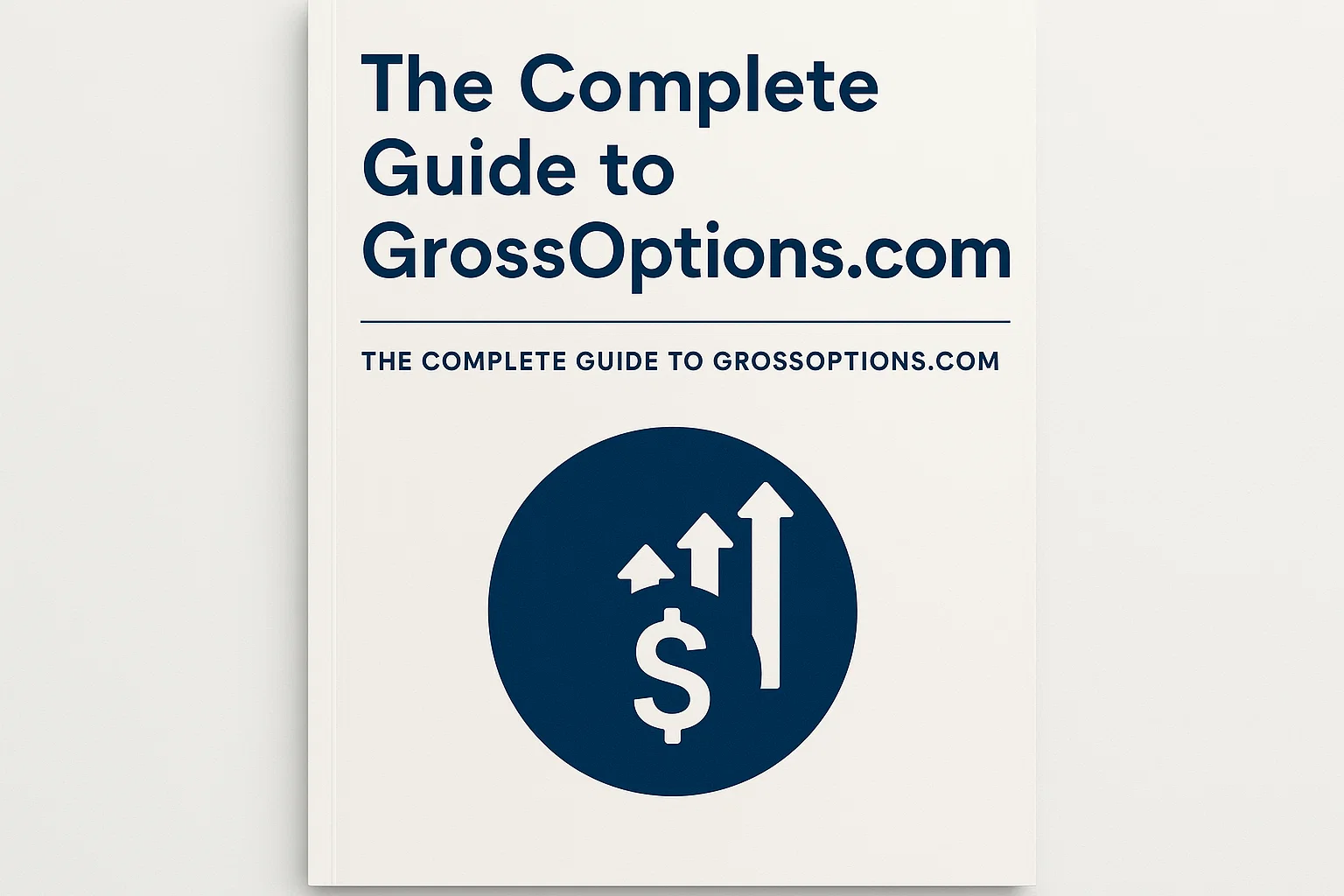Introduction: Understanding General Sales Agents
In the complex world of international trade, travel, and logistics, the General Sales Agent (GSA) plays a critical role in expanding a company’s reach beyond its domestic borders. Whether representing airlines, freight forwarders, or hospitality chains, GSAs bridge the gap between suppliers and local markets, helping companies increase sales, navigate regulations, and provide on-the-ground customer service.
Despite being largely behind the scenes, general sales agents have been instrumental in the success stories of major airlines, tour operators, and exporters seeking growth in unfamiliar territories. But what exactly does a GSA do? Why do businesses rely on them? And what should you know if you’re considering hiring a GSA or becoming one yourself?
This comprehensive guide unpacks everything you need to know about general sales agents — their functions, advantages, challenges, and the evolving landscape of this vital service.
read more Magellan Detroit
What is a General Sales Agent?
A General Sales Agent (often abbreviated as GSA) is an independent company or individual authorized by a principal (e.g., an airline, hotel chain, or freight company) to market, sell, and sometimes handle customer service functions in a specific country or region.
Rather than setting up a costly branch office in every market, businesses appoint GSAs with local expertise and networks to act on their behalf. GSAs typically work on a commission basis, earning a percentage of the sales they generate.
For example:
- Airlines appoint GSAs in countries where they don’t have direct offices to handle ticket sales, cargo bookings, marketing, and customer service.
- Exporters rely on GSAs to find buyers, manage documentation, and navigate local trade regulations.
- Hotels use GSAs to promote their properties in key source markets and manage group or corporate bookings.
Key Functions of a General Sales Agent
The exact responsibilities of a GSA vary depending on the agreement with the principal. However, core tasks generally include:
Sales and Marketing
- Promoting the principal’s products or services.
- Conducting sales visits to travel agents, corporates, or distributors.
- Advertising campaigns in local media.
Reservations and Ticketing (in travel/airlines)
- Booking tickets or rooms.
- Issuing tickets on behalf of the principal.
- Managing cancellations or changes.
Customer Service
- Serving as the first point of contact for local customers.
- Handling inquiries, complaints, or special requests.
Market Intelligence
- Providing reports on market trends, competitors, and customer preferences.
- Advising principals on local pricing strategies.
Administration
- Managing contracts with local partners.
- Handling documentation and compliance with local laws.
Collection and Remittance
- Collecting payments in the local currency and remitting funds to the principal, minimizing currency risk for the principal.
Why Businesses Use General Sales Agents
For many companies, especially airlines and exporters, appointing a GSA is a strategic and cost-effective choice. Here’s why:
Local Expertise: GSAs have deep knowledge of their markets, from cultural nuances to regulatory requirements.
Cost Savings: Setting up a full-fledged office abroad involves legal, staffing, and operational costs. A GSA provides a “ready-made” presence.
Speed to Market: A GSA can start selling immediately, accelerating entry into new markets.
Risk Mitigation: GSAs manage local risks, including customer defaults or regulatory penalties, protecting the principal.
Established Networks: GSAs often have existing relationships with key accounts, travel agents, or distributors, giving principals instant access to customers.
General Sales Agents in the Airline Industry
The airline industry is where the concept of GSAs is most widely known. Airlines use GSAs to:
- Sell tickets and cargo space in markets where it’s not feasible to station their own staff.
- Provide customer support to local travelers.
- Promote new routes and special offers.
For example, a European airline without an office in Pakistan might appoint a GSA in Karachi to represent it locally. The GSA would market the airline, negotiate corporate contracts, and manage reservations.
General Sales Agents in Shipping and Freight
In logistics and shipping, GSAs (sometimes called General Sales & Service Agents or GSSAs) handle:
- Marketing of cargo space.
- Negotiating freight rates with forwarders.
- Preparing shipping documentation.
- Coordinating with customs brokers and port authorities.
General Sales Agents in Hospitality
Hotels, resorts, and hotel chains appoint GSAs to represent them in high-potential source markets:
- GSAs promote properties to travel agents and tour operators.
- They participate in trade fairs and roadshows on the hotel’s behalf.
- They handle inquiries for group bookings, weddings, or conferences.
The Benefits of Working with a GSA
Hiring a reputable GSA offers several advantages:
Increased Sales – Local sales professionals know how to convert leads and drive revenue.
Brand Awareness – Through marketing, GSAs can build your brand’s presence in new markets.
Efficient Customer Support – Faster responses to local customers in their language and time zone.
Compliance – Local GSAs help navigate tax, labor, and regulatory complexities.
Cost Control – Pay-for-performance models mean costs are tied directly to sales.
Challenges and Risks of Appointing a GSA
While GSAs offer many benefits, businesses should consider potential downsides:
- Loss of Control – The principal may have less direct oversight over local operations.
- Brand Representation – A poor-performing GSA can damage your brand’s reputation.
- Dependency – Relying solely on one GSA can be risky if the relationship ends or the agent underperforms.
- Legal Disputes – Misunderstandings over commissions, territories, or responsibilities can lead to costly legal issues.
Choosing the Right GSA
To maximize the benefits and minimize risks, it’s critical to select a GSA carefully. Key factors to consider include:
Reputation – Check references from other principals.
Experience – Look for agents with proven success in your industry.
Network – Assess their connections with travel agents, corporates, or distributors.
Financial Stability – Ensure they have the resources to operate sustainably.
Cultural Fit – Align values and communication styles.
Contract Clarity – Clearly define responsibilities, territories, commission rates, and performance targets in a written agreement.
Typical GSA Agreement Terms
A standard GSA agreement often includes:
- Territory Definition – The geographic area the GSA will cover.
- Duration of Appointment – Usually 1-3 years, renewable.
- Commission Structure – Commission percentages for different types of sales.
- Marketing Support – Whether the principal provides marketing funds.
- Reporting Requirements – Sales reports, market intelligence, etc.
- Termination Clauses – Conditions for ending the agreement early.
- Dispute Resolution – Jurisdiction and methods for resolving disagreements.
The Future of GSAs: Trends and Evolution
The GSA model is evolving as technology and market dynamics change:
Digital Tools – Online booking platforms, CRM systems, and virtual meetings make it easier for principals to manage remote markets directly. Some airlines and exporters are reducing GSA reliance or shifting to hybrid models.
Specialization – GSAs are offering niche services, such as digital marketing or revenue management.
Multi-Principal Representation – Many GSAs represent multiple, non-competing brands, creating synergies.
Sustainability – Clients increasingly seek GSAs who align with their environmental and social responsibility standards.
Data-Driven Insights – GSAs are leveraging data analytics to provide principals with deeper market intelligence.
Despite changes, the need for local expertise and personal relationships in many markets means GSAs will continue to play a key role, especially in emerging economies.
FAQs: General Sales Agents
What industries use general sales agents?
GSAs are widely used in aviation, shipping/freight forwarding, hotels, tour operators, exporters, pharmaceuticals, and even technology companies expanding internationally.
How do GSAs make money?
Most GSAs earn commissions on the sales they generate. Some may also receive retainers or marketing support from the principal.
Can a GSA represent more than one company?
Yes — as long as there’s no conflict of interest. Many GSAs represent several complementary principals to maximize revenue.
How is a GSA different from a distributor?
A GSA sells on behalf of the principal without taking ownership of the product. A distributor buys the product and resells it, assuming inventory risk.
Who pays the GSA’s expenses?
Typically, the GSA covers its own operating costs using commissions from sales. Some principals may provide a marketing budget.
What’s the difference between a GSA and an agent?
All GSAs are agents, but not all agents are GSAs. The “general” in GSA refers to broad authority over a territory, while other agents may have more limited or specific roles.
Can a company switch GSAs?
Yes — after the contractual period or under agreed termination conditions. It’s important to follow contract terms to avoid legal disputes.
Conclusion
In an increasingly globalized economy, general sales agents remain vital partners for businesses seeking to expand internationally without the overhead of overseas offices. From airlines to exporters, GSAs provide essential local expertise, networks, and services that drive revenue and ensure a smooth market entry.
However, success with a GSA depends on choosing the right partner, crafting a clear agreement, and maintaining regular communication. With careful planning, working with a GSA can unlock opportunities in markets that might otherwise seem out of reach.
Ray-Ban Meta Smart Glasses Review: The Perfect Blend of Style and Technology










